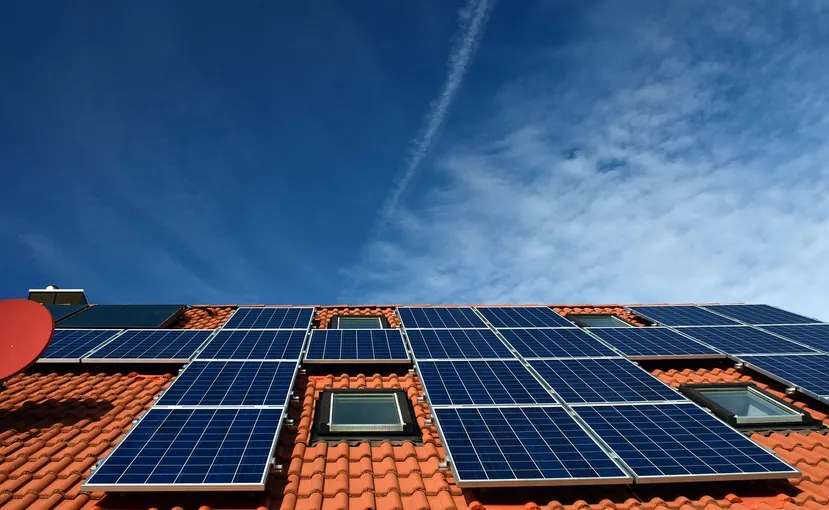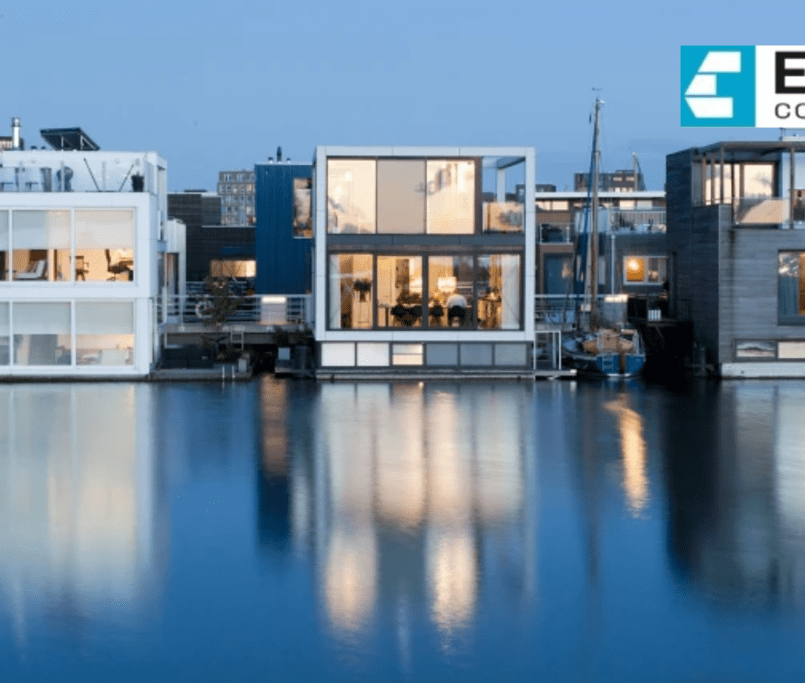How solar panels can help buildings save money on summer time electricity bills?
Throughout the year, building proprietors must pay electricity bills, but their energy consumption typically varies according to the season. There is no question that summer is the worst season. During the summer, solar panels produce the most electricity, which serves to offset the high energy consumption of air conditioning systems.
Unfortunately, each year the summer humidity becomes even more unbearable, so everyone must run their air conditioners around the clock. Worst aspect? The cost of electricity continues to rise over time. Saving money on electricity bills during the hottest months of the year appears impossible at this juncture.
With the assistance of a professional energy audit and the installation of solar panels, building proprietors may be able to turn the tide.
During the summer, solar panels can help buildings reduce their electricity costs in a variety of ways.
Produce electricity to mitigate the cost of air conditioning:
Solar panels generate electricity from the sun, which can be used to fuel the air conditioning system of a building. This can help mitigate the high energy costs associated with operating an air conditioner during the summer.
Allow for roof shading:
Additionally, solar panels can provide roof shading, thereby reducing the amount of heat absorbed by the roof. This can reduce the need for air conditioning by keeping the building colder.
Reduce charges for peak demand:
Solar panels can help reduce peak demand charges, which utility companies evaluate when a building’s electricity consumption spikes during peak hours. This can save money on electricity bills, particularly during the summer months when electricity demand is at its highest.
The amount of money that a building can save by installing solar panels depends on a variety of factors, including the scale of the solar system, the amount of sunlight the building receives, and the local utility rates. However, solar panels can be a cost-effective method to reduce electricity costs, particularly for buildings with high electricity consumption during the summer.
Listed below are additional advantages of solar panels:
Reduced greenhouse gas emissions: Solar panels are a source of renewable energy, so they do not produce greenhouse gas emissions. This can help reduce the environmental impact of a building.
Increased property value: According to studies, residences with solar panels sell for more than homes without them. This is due to the perception that solar panels are an asset that can reduce homeowners’ energy costs.
Increased tranquillity: Solar panels can provide householders with the peace of mind that they are not dependent on the power grid. This is particularly crucial during power disruptions.
If you are considering installing solar panels on your building, there are several factors to consider. First, you must ensure that your structures receive sufficient sunlight to support solar panels. Second, you must consider the cost of installation and maintenance of a solar system. Ultimately, you must determine whether to purchase or lease a solar system.
If you are interested in learning more about solar panels, there are numerous online and offline resources available to you. You can also contact a solar installer to obtain a quote for solar panel installation on your building.
By investing in and making the switch to renewable energy sources today, your property is on its way to saving your business tons of money and even lessening your carbon footprint.
Disclaimer: This content is provided solely for your review. Erusu Consultants takes no liability for this article. The reader is advised to form their own opinion. Please consult a structural engineer before making any final decisions.






